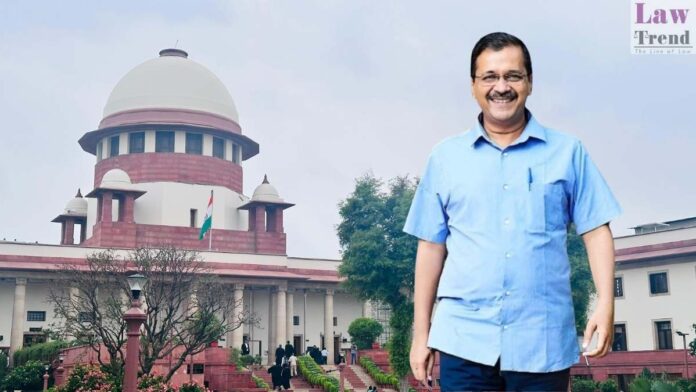In a significant ruling, the Supreme Court of India emphasized that High Courts should not send an accused back to the Trial Court for bail after having already heard the matter in detail. The judgment came in the case of Arvind Kejriwal v. Central Bureau of Investigation, Criminal Appeal Nos. 3816 and 3817 of 2024,
To Read More Please Subscribe to VIP Membership for Unlimited Access to All the Articles, Download Available Copies of Judgments/Order, Acess to Central/State Bare Acts, Advertisement Free Content, Access to More than 4000 Legal Drafts( Readymade Editable Formats of Suits, Petitions, Writs, Legal Notices, Divorce Petitions, 138 Notices, Bail Applications etc.) in Hindi and English.




